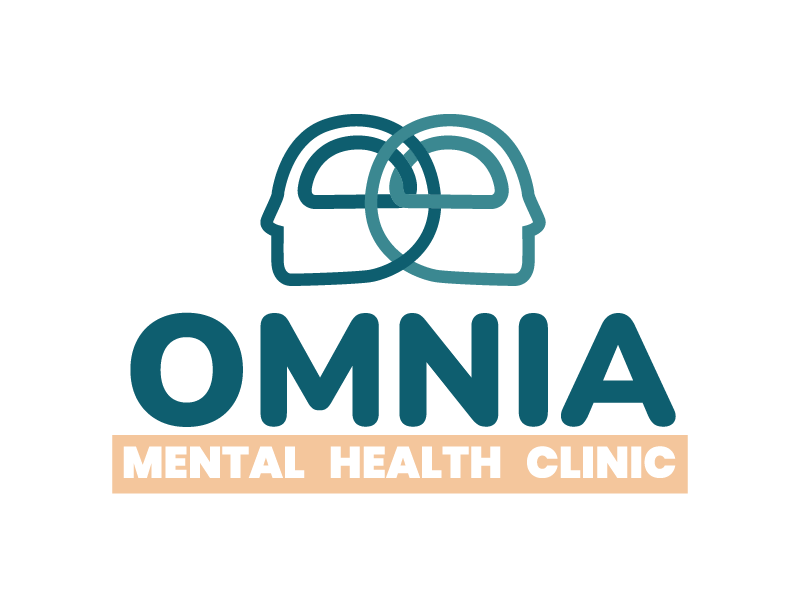
Eating Disorders
What Are Eating Disorders?
Eating disorders are behavioral problems marked by significant and persistent changes in eating habits, as well as disturbing thoughts and emotions. They can be life-threatening illnesses that disrupt physical, psychological, and social functioning. Anorexia nervosa, bulimia nervosa, binge eating disorder, avoidant restrictive food intake disorder, other specified feeding and eating disorder, pica, and rumination disorder are examples of eating disorders.
Eating disorders frequently co-occur with other psychiatric diseases, the most prevalent of which are mood and anxiety disorders, obsessive compulsive disorder, and issues with alcohol and drugs. Evidence suggests that genes and heredity play a role in why some people are more likely to develop an eating disorder, but eating disorders can affect people who have no family history of the problem.
Those with eating disorders, on the other hand, can re-establish appropriate eating patterns and regain emotional and psychological health with adequate medical care.
Source:
American Psychiatric Association